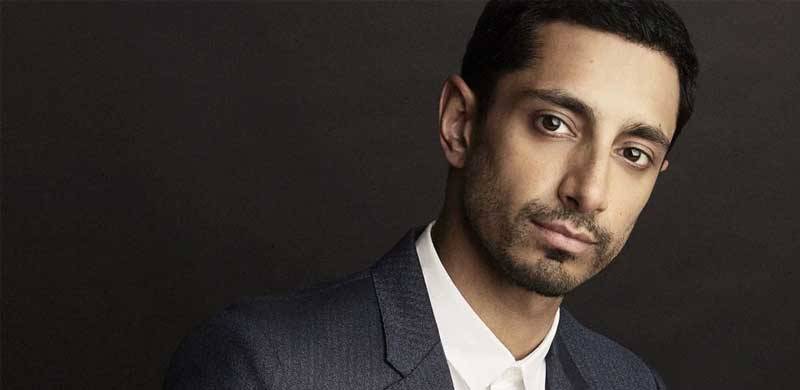
Emmy Award winner actor Riz Ahmed called for the need to reduce Islamophobic sentiment in the media.
According to a report in Variety, the “Rogue One: A Star Wars Story” actor was speaking at the CAA Amplify conference in Ojai, California US. The event is a convening of diverse leading artists and executives from the most impactful organizations in entertainment, sports, media, brands, technology, and social justice.
Ahmed said that while art can provoke feeling, it has limitations in the face of legal and systemic oppression, adding: “The efforts of individual artists or storytellers may be bold, they may be progressive, they may act as beacons of hope for other people, but in the face of institutional prejudice and institutionalized obstacles, systemic obstacles, our efforts can sometime still fall flat.”
Ahmed said he has learned hard lessons from fifteen years of getting secondarily searched at airports around the world, even as his work has earned him fans and acclaim. At times, he said, the airport guards swabbing him for explosives would ask for selfies or quote his raps back at him.
“(Hasan Minhaj) could win a Peabody, I could win an Emmy, Ibtihaj Muhammad could win the Olympics, but some of these obstacles are systemic, and we can’t really face them alone,” he said. “We need your help. I’m basically here to ask for your help. Because it’s really scary to be a Muslim right now. Super scary.”
“With all my privilege and profile, I often wonder if this is going to be the year they round us up, if this is the year they’re going to put Trump’s Muslim registry into action, if this is going to be the year they ship us all off,” he continued, citing international incidences of Islamophobia, including Brexit-based nationalism in the U.K. and Uighur Muslims being held in detention camps in China.
His call to action for the Hollywood heavy hitters in the room, then, was to research how Muslims are represented on television and in movies in a data-driven, targeted, systemic way, so that ultimately Muslims aren’t only portrayed as terrorists or bogeymen.
“I think lives are quite literally at stake here,” he said. “The representation of Muslims on screen — that feeds the policies that get enacted, the people that get killed, the countries that get invaded.”
According to a report in Variety, the “Rogue One: A Star Wars Story” actor was speaking at the CAA Amplify conference in Ojai, California US. The event is a convening of diverse leading artists and executives from the most impactful organizations in entertainment, sports, media, brands, technology, and social justice.
Ahmed said that while art can provoke feeling, it has limitations in the face of legal and systemic oppression, adding: “The efforts of individual artists or storytellers may be bold, they may be progressive, they may act as beacons of hope for other people, but in the face of institutional prejudice and institutionalized obstacles, systemic obstacles, our efforts can sometime still fall flat.”
Ahmed said he has learned hard lessons from fifteen years of getting secondarily searched at airports around the world, even as his work has earned him fans and acclaim. At times, he said, the airport guards swabbing him for explosives would ask for selfies or quote his raps back at him.
“(Hasan Minhaj) could win a Peabody, I could win an Emmy, Ibtihaj Muhammad could win the Olympics, but some of these obstacles are systemic, and we can’t really face them alone,” he said. “We need your help. I’m basically here to ask for your help. Because it’s really scary to be a Muslim right now. Super scary.”
“With all my privilege and profile, I often wonder if this is going to be the year they round us up, if this is the year they’re going to put Trump’s Muslim registry into action, if this is going to be the year they ship us all off,” he continued, citing international incidences of Islamophobia, including Brexit-based nationalism in the U.K. and Uighur Muslims being held in detention camps in China.
His call to action for the Hollywood heavy hitters in the room, then, was to research how Muslims are represented on television and in movies in a data-driven, targeted, systemic way, so that ultimately Muslims aren’t only portrayed as terrorists or bogeymen.
“I think lives are quite literally at stake here,” he said. “The representation of Muslims on screen — that feeds the policies that get enacted, the people that get killed, the countries that get invaded.”
